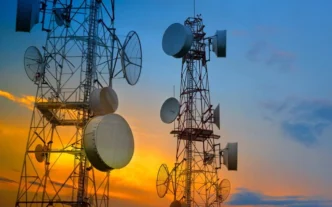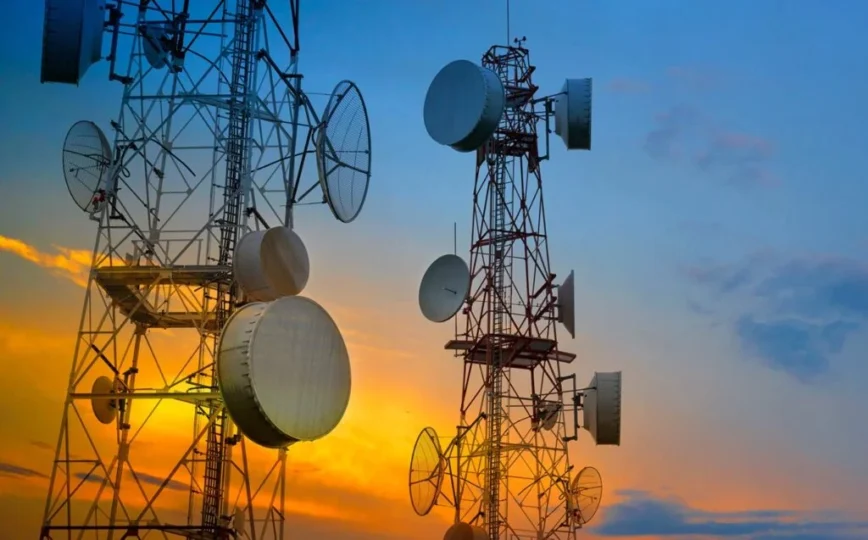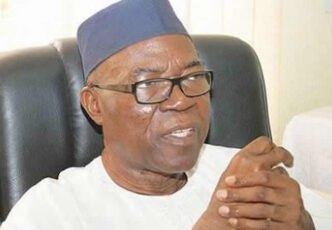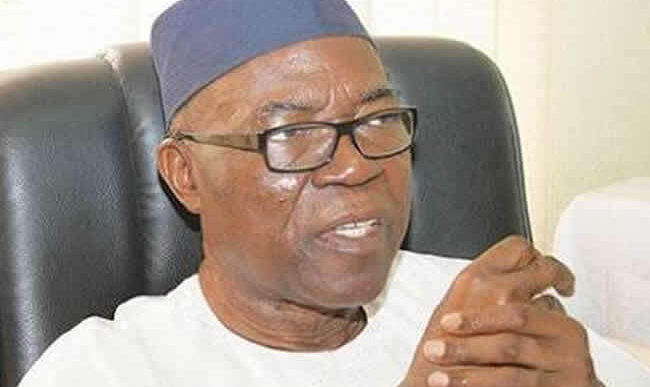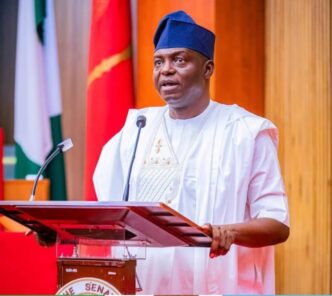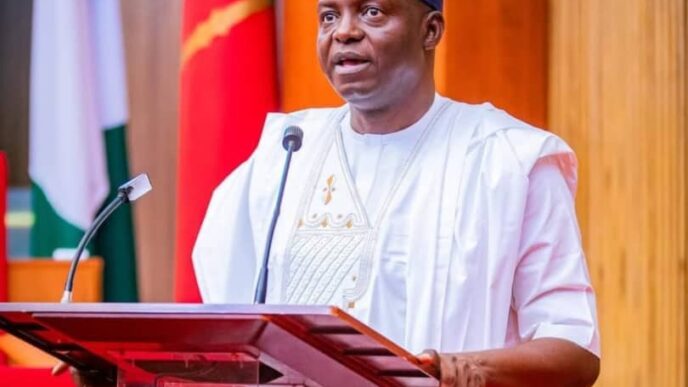Telecommunications companies in Nigeria are set to implement a 50% increase in tariffs for calls, data, and other services.
The new rates, recently approved by the Nigerian Communications Commission (NCC), are expected to affect millions of subscribers across the country.
According to Gbenga Adebayo, Chairman of the Association of Telecommunication Companies of Nigeria (ATCON), operators are in the process of meeting the necessary regulatory requirements to enforce the hike.
“The 50% tariff hike will be implemented as soon as possible. We are currently fulfilling regulatory requirements for the telecoms tariff hike,” Adebayo said in an interview with Daily Post on Wednesday.
While the exact date for the implementation remains uncertain, he mentioned that it could begin once telecom giants like MTN, Airtel, and Glo complete the required steps.
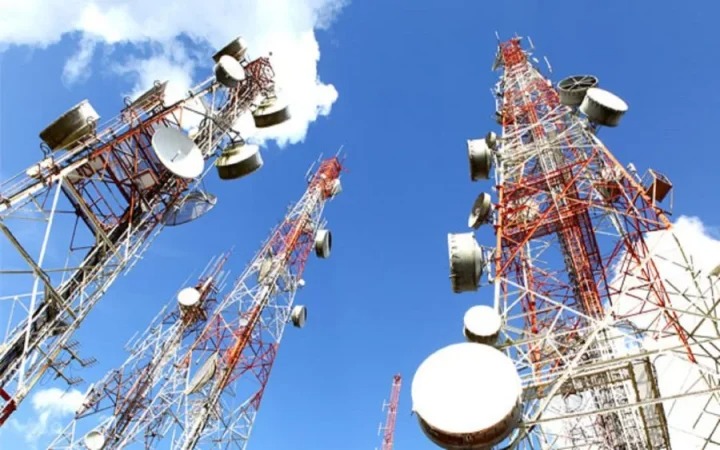
Adebayo further added, “When the regulatory process is finalized, operators will start introducing the new tariff. I can’t confirm if this will happen by February 2025 or earlier, but it will begin as soon as the steps are completed.”
Meanwhile, the news of the tariff hike has sparked strong opposition from the Nigeria Labour Congress (NLC).
In a statement released on Wednesday, NLC President Joe Ajaero described the increase as a “harsh measure” that will only add to the burdens of Nigerian citizens.
The NLC accused the government of prioritizing corporate profits over the welfare of the people, pointing out that it has failed to protect the interests of the average Nigerian.
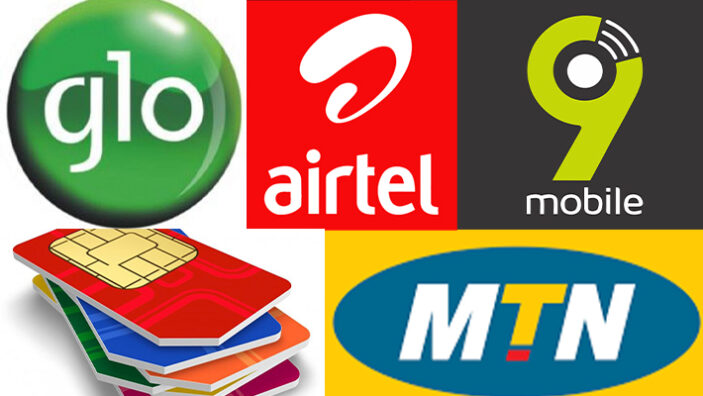
“The increase in tariffs will further strain the pockets of the citizens, who are already grappling with various economic challenges,” Ajaero stated.
This tariff hike comes at a time when many Nigerians are struggling with high inflation, rising fuel costs, and other financial pressures.
With the government aware of these ongoing challenges, the decision to approve the increase raises concerns about its impact on the average person.
Critics argue that while the telecom sector may justify the hike as necessary for business sustainability, the government should have done more to balance corporate interests with the well-being of its citizens.
The approval of the 50% tariff increase could have far-reaching consequences for the economy, as communication services are essential for millions of Nigerians.
Moreover, the move could negatively affect businesses, especially small enterprises that rely heavily on affordable telecom services for communication.
The government, therefore, faces growing pressure to reconsider the tariff hike or at least provide a more gradual approach to ensure that citizens are not disproportionately impacted.
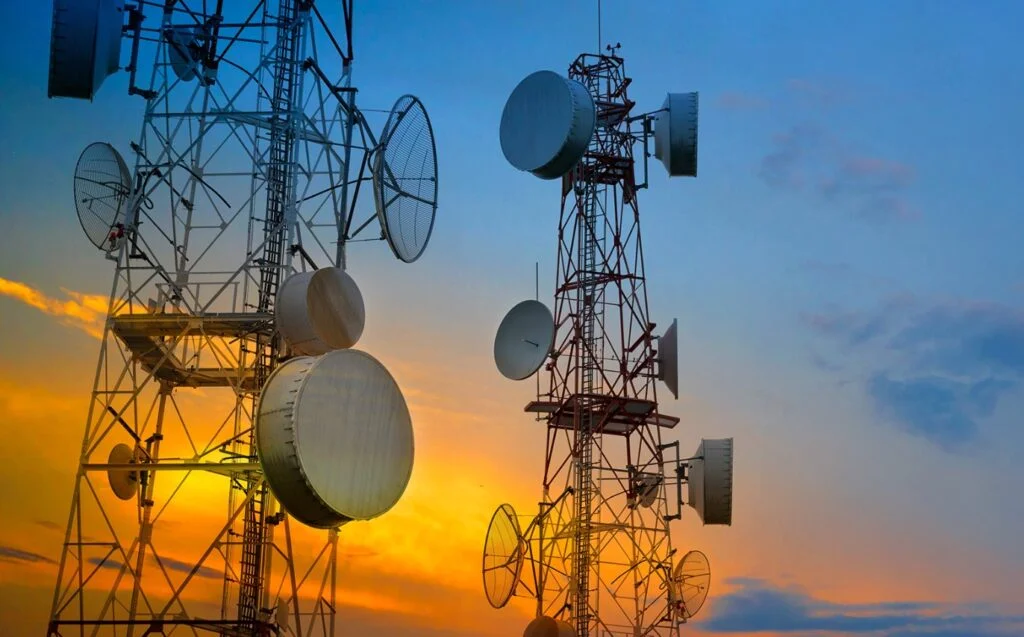
In light of the backlash, it is clear that a more balanced approach is needed.
The government must take into account the financial difficulties many Nigerians are facing and find ways to manage this situation without exacerbating the struggles of the people.
As the regulatory process continues, the hope is that there will be room for further discussion on how to implement changes that take into account both the needs of the telecom industry and the welfare of the population.
